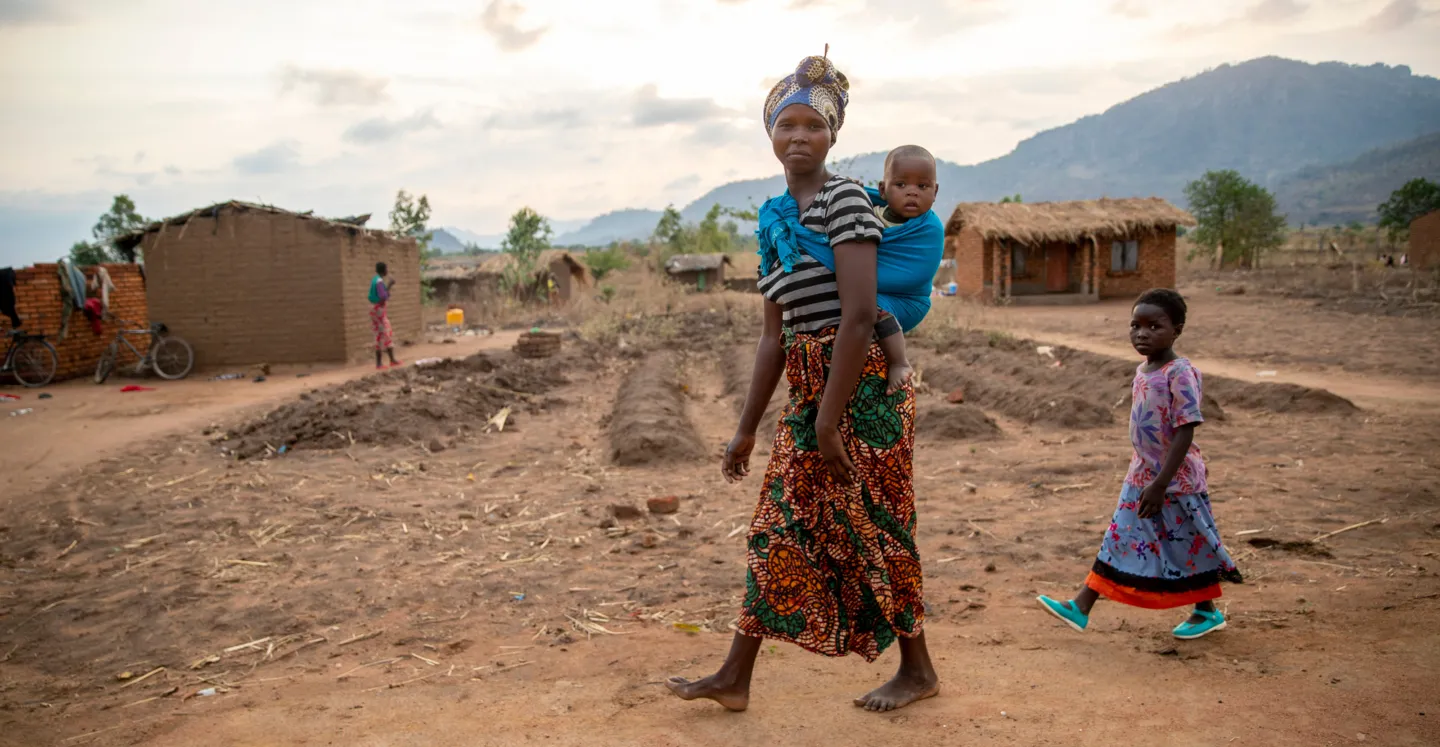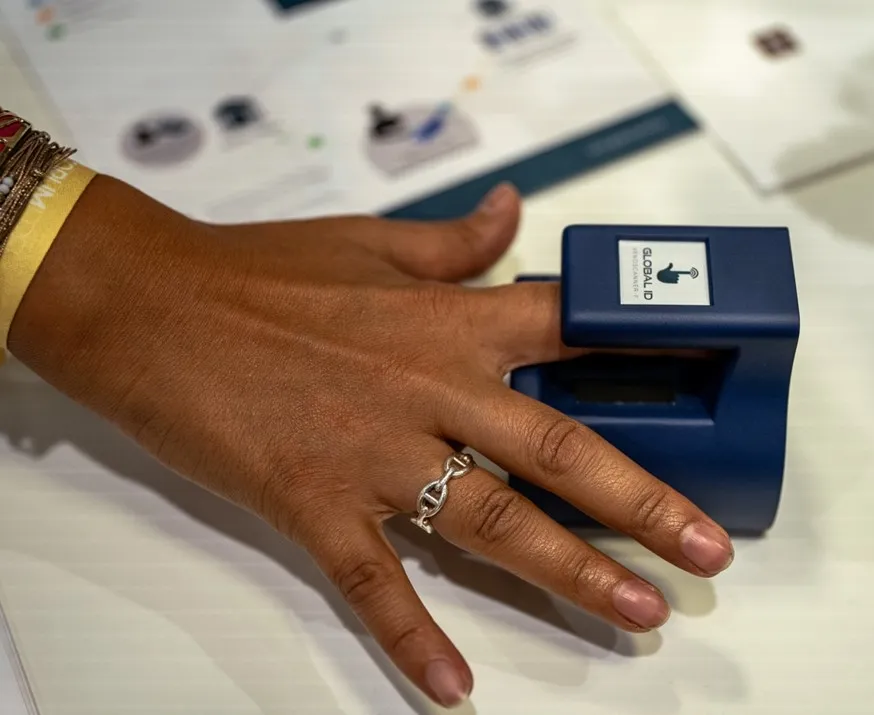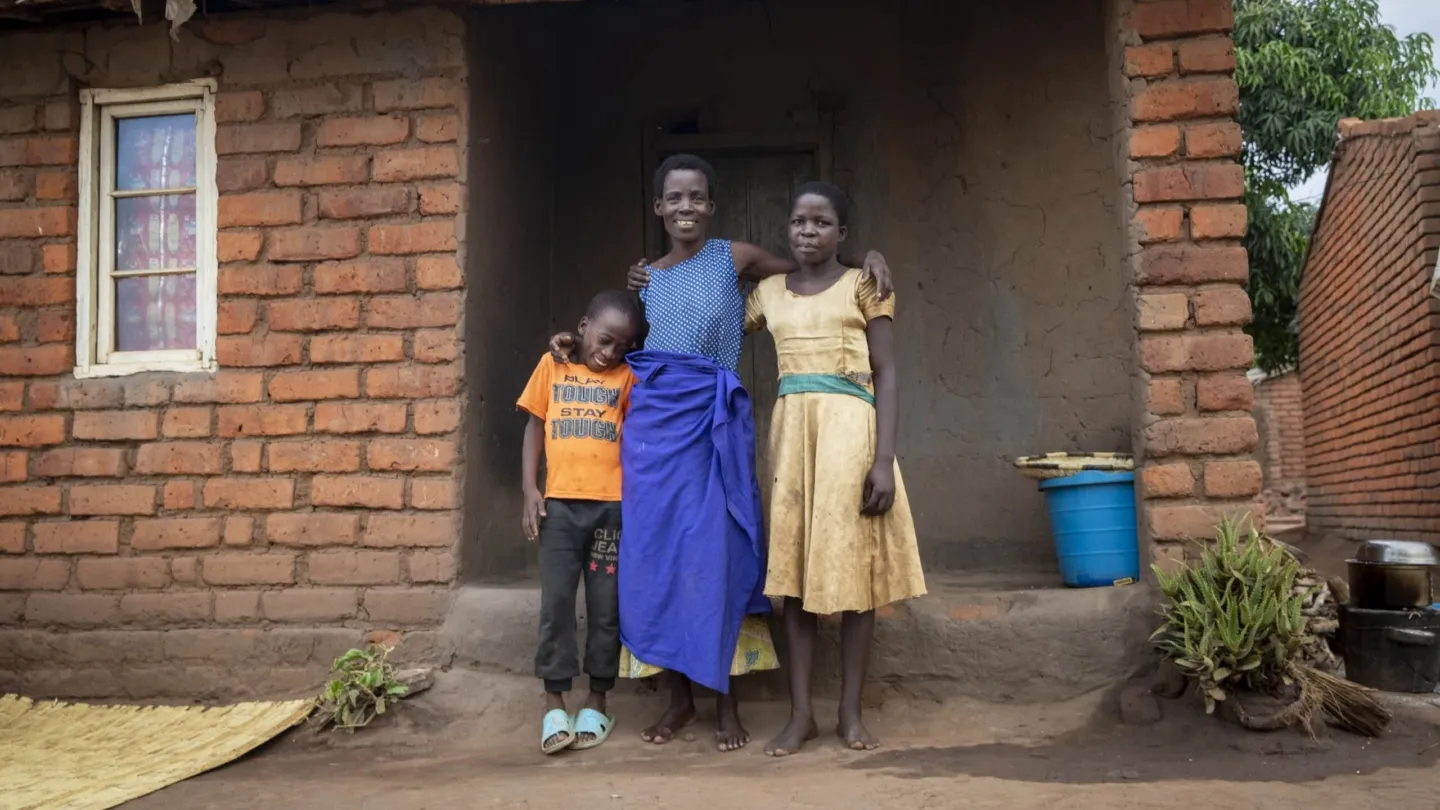

Malawi
Strengthening the capacity of Malawi’s local health system to prevent new HIV infections and ensure equitable access to services for children, adolescents, and families
The Context
In recent years, great progress has been made in propelling Malawi towards the UNAIDS 95-95-95 goals. However, significant gaps remain. 1 in 3 new infections are among adolescent girls and young women aged 15-24, with poverty and gender-based violence acting as major drivers of HIV transmission. Children also have less access to lifesaving antiretroviral therapy and higher viral loads, underscoring the importance of focusing HIV interventions on children.
Our Impact
Through the USAID/Malawi Ana ndi Achinyamata Patsogolo (ANAPA) Children and Youth First project, Project HOPE and its affiliate, Project HOPE Namibia, are supporting both Namibia’s and Malawi’s efforts to reduce new HIV infections among children and adolescents. In Malawi, the ANAPA project focuses on ensuring equitable access to health, HIV, and social services for children, adolescents, and their families in collaboration with Malawi’s Ministry of Gender, Community Development, and Social Welfare (MoGCDSW), Project HOPE Namibia, and other local implementing partners.
Project HOPE provides high quality technical assistance to build local capacity in the implementation of evidence-based, structured interventions and program monitoring, evaluation, research, and data management.

Strategic Partnership with Global ID in Namibia, Malawi
Project HOPE and the biometric data technology platform, Global ID, are introducing an innovative solution for managing participant data in health information systems. In Namibia, our teams use the unique patterns of finger veins to ensure unparalleled privacy protection and health records accuracy, with plans to expand to Malawi.
Our History in Malawi
Project HOPE has implemented health projects in Malawi since 1990, including the PEPFAR/USAID One Community project to mitigate the impact of HIV and reduce infections, the Malawi Neonatal Nursing Initiative to build the capacity of health workers in providing access to quality care for small and sick newborns, the USAID CARE II project to improve mental health and resilience of health workers on the frontlines of the COVID-19 pandemic, and the USAID Community Health Partnerships project. In 2023, Project HOPE established a local office in Lilongwe to support the ANAPA project aiming to prevent new HIV infections among children and adolescents.


